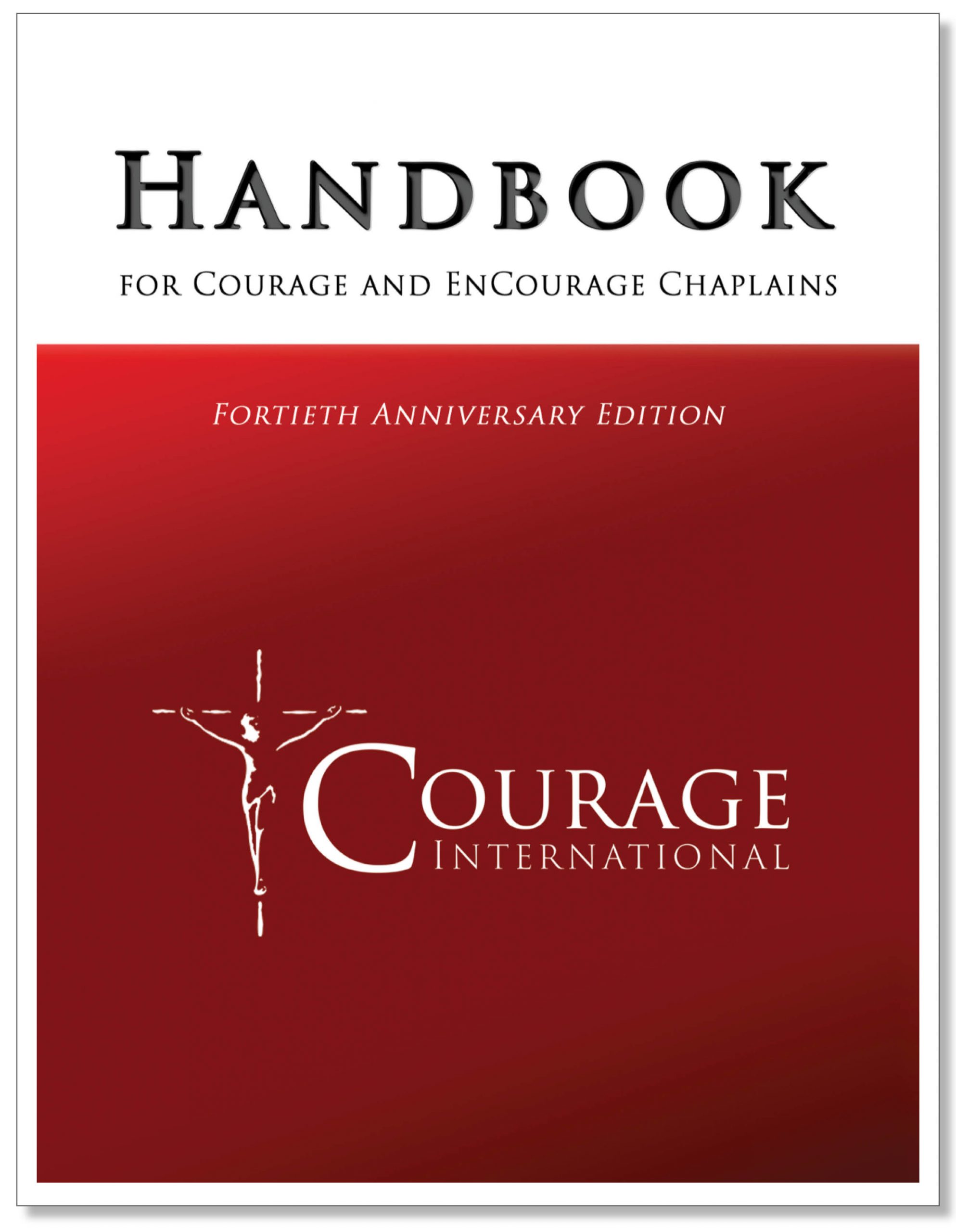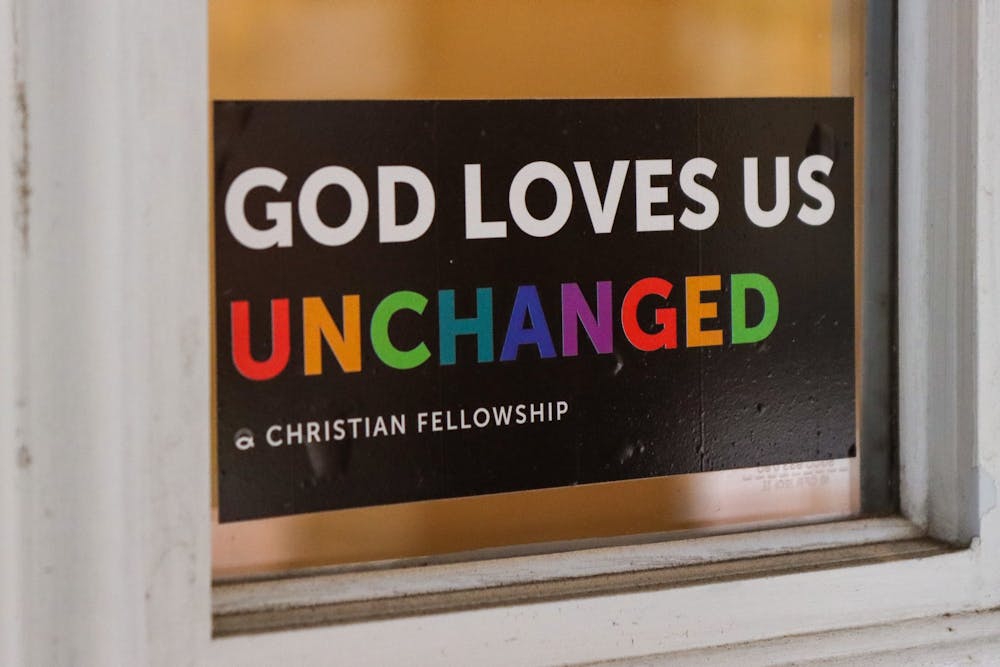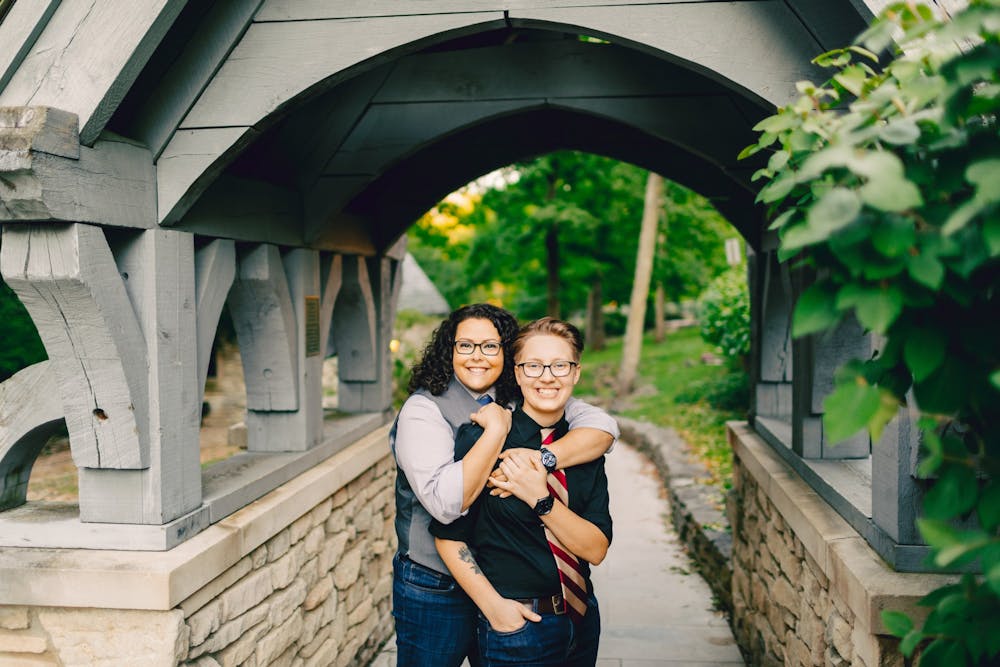Note: The Catholic Church describes LGBTQ people as struggling with or experiencing same-sex attraction. The IDS will be following AP style guidelines and using identity-focused language except when quoting clergy members and the Courage International handbook.
Editor's Note: This story mentions suicide and homophobia.
Elizabeth Azcona was a devout Catholic for most of her life. She always went to Sunday mass, prayed often and spent time participating in parish activities.
When she arrived at IU in the Fall 2018, her involvement in her faith grew. Moving from Gary, Indiana, to Bloomington, she gravitated toward St. Paul’s Catholic Center and became deeply connected to the community.
Among other activities in the parish, Azcona served as an altar server and participated in groups like the faith and fellowship group and the discipleship program. She was also a frequent attendee at daily mass.
St. Paul’s was a comfortable place for her, a place where she thought she could be accepted.
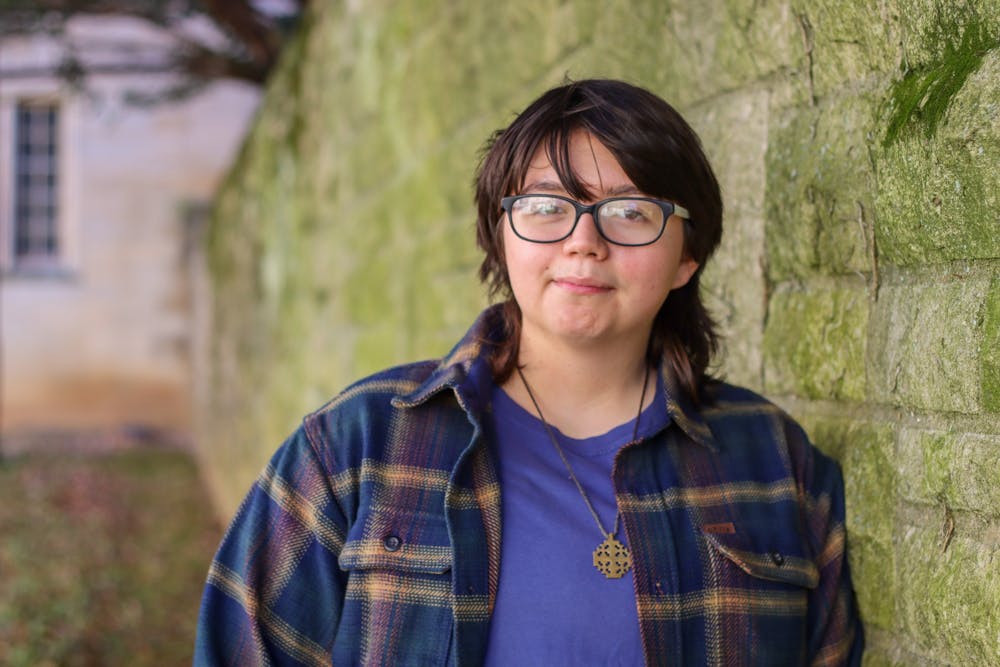
This all changed Oct. 11, 2019, when she was approached by a student parishioner, who asked her to join a chapter of an organization he was trying to start. He sat her down in an empty room in the basement of the St. Paul’s and pitched it to her after a 5:30 p.m. Friday mass. He told her he thought she would fit in, since she was already publicly open about being queer.
The Bloomington deanery group, which wouldn’t become official until January 2021, is one of 112 Courage International chapters in the United States. Courage International is a global, Vatican-supported Catholic non-profit dedicated to the abstinence of LGBTQ Catholics.
Three people, including Azcona, spoke with the Indiana Daily Student about the inherent dangers to the LGBTQ community they see present in the Bloomington chapter and Courage International, as well as their negative experiences at St. Paul’s Catholic Center.
***
Azcona said Courage targets people like herself—people who just entered adulthood and are still looking for a sense of identity. Azcona said she is worried about the harm Courage will do to other students in Bloomington, both psychologically and spiritually.
“The theology that Courage espouses cultivates shame around people’s identities,” Azcona said.
Rev. Dennis Woerter, who has been the chaplain of the Bloomington Courage chapter since its inception, denies the group only caters to young adults. Woerter is also an associate pastor at St. Paul’s, but he said the group is not affiliated with the church or IU and not everyone in the chapter is from St. Paul’s.
With the focal point of the group centering around five goals, Courage members are advised to be chaste, dedicate their lives to Christ and acknowledge what the Catechism of the Catholic Church deems the “intrinsically disordered” nature of homosexual acts.
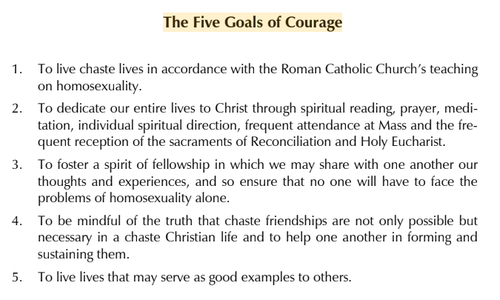
When she was approached about the start of a Courage chapter in Bloomington, Azcona was told it needed to be kept private or else those involved could be publicly outed, so she didn’t tell anyone at first.
She said she eventually met with her discipler, or her mentor in the St. Paul community, in fall 2019 to discuss her concerns about the chapter but was promptly dismissed.
“She said that I was overreacting, that if the church was doing it, then it must be fine.”
- Elizabeth Azcona
Azcona had a few other meetings with her discipler after the initial meeting and continued to express her disdain about Courage International forming a chapter in Bloomington. She alleged she was kicked out of the discipleship program in fall 2019 as a result but she remained involved in the church.
“I was kicked out of the student missionaries for being unteachable,” Azcona said. “Because I disagreed with what Courage was doing.”
In January 2020, Azcona said a priest at the parish arranged a meeting between herself, the student who had approached her and a Courage International representative. The meeting was intended to address her concerns with the program.
She alleges the Courage International representative dismissed those concerns, leaving her discouraged and unsettled. Azcona said the representative told her that if she was devout enough, God may provide her with a man she was attracted to enough to marry.
“The stuff that they write in the handbook is scary, but the stuff that they say behind closed doors is scarier.”
- Elizabeth Azcona
***
Natalia Johnson arrived on IU’s campus in 2017 as a self-identified agnostic. Stepping into Dunn Meadow for a student activity fair, Johnson was intrigued by St. Paul’s table.
Making the jump to become a part of the St. Paul community, she started attending Bible study as she had friends who were Catholic and had invited her to join.
Johnson was publicly out as a lesbian at the time, and she said it seemed there was no issue with her sexuality in the beginning since all of her friends knew she was in a relationship with a woman.
She eventually made the decision to sign up for the Rite of Christian Initiation of Adults program to officially become a member of the Catholic Church.
Alisenne Turner, now Johnson’s fiancée, was living in Dallas at the time and had encouraged Johnson to become a part of the church. Turner has been a Catholic from birth..
Turner and Johnson met with a former priest at St. Paul’s, and they had a conversation about Johnson’s sexuality in fall 2018. Johnson said she desired to be in the Church even though she was in a same-sex relationship, but the priest thought otherwise.
“The last thing that he told me was, ‘Natalia, I appreciate your contributions in class, but I don’t think the Catholic Church is for you,’” Johnson said.
Turner was present for the conversation because she was trying to be supportive for her partner attempting to enter the Church. Turner alleged she told the former priest about how she had been accepted in her parish in Dallas, and he told her he disagreed with that decision. She said she was most struck when the priest allegedly said he would not baptize Johnson.
Woerter said the former priest, who he replaced, decided to leave St. Paul’s due to several issues.
From then on, Johnson said she felt unwelcomed at St. Paul’s simply because of her sexuality. She continued going to class but said she became very discouraged and started to feel uncomfortable in her Catholic initiation classes.
“I felt like, in other ways, that priest was singling me out,” Johnson said.
***
The 132-page Courage International handbook states that gay people should refrain from romantic and sexual relationships and that gender is an essential and binary identity assigned at birth.
Woerter said the Bloomington chapter abides by all the rules and teachings found in the handbook.
Some chapters of Courage International use the 12-step program of Alcoholics Anonymous as a model or template, Woerter said. However, the Bloomington chapter is not a 12-step program and the handbook does not claim being LGBTQ is an addiction. Instead, the chapter begins each meeting reciting the five goals of Courage.
Woerter said LGBTQ Catholics are sometimes referred to him by other members of the parish or diocese to go through a screening process to decide whether they should join the chapter.
“I start talking with them and then we determine whether or not Courage would be helpful for them,” Woerter said.
He wrote a letter in the church bulletin promoting Courage for LGBTQ Catholics on Oct.17. He said Courage members can come from any Catholic parishes in the area.
None of the Courage meetings take place at St. Paul’s. Woerter would not disclose the location for confidentiality purposes.
Woerter said the phrase “intrinsically disordered” is used in the handbook because anything contrary to God’s law or natural law is considered disordered in the Catholic church.
“There is a dual purpose to sexual relations: to unite the husband and wife (one-flesh) and the begetting of children,” Woerter said in an email to the IDS. “Neither of these can be accomplished in a same-sex union. Since, then, the dual purpose of sexual relations cannot be accomplished via a same-sex union, homosexual activity is objectively disordered.”
Stan “JR” Zerkowski said the use of the word “disordered” by the Church is a danger to LGBTQ parishoners. Zerkowski is the executive director of Fortunate Families, the director of LGBT Ministry Lexington, in Kentucky and the chair of the Diocese of Lexington LGBT Outreach Commission.
He said he has met LGBTQ people who have been pushed to the brink of suicide due to encountering such language in church doctrine, usually making them feel there was something wrong with them.
“It is toxic language,” Zerkowski said.
***
